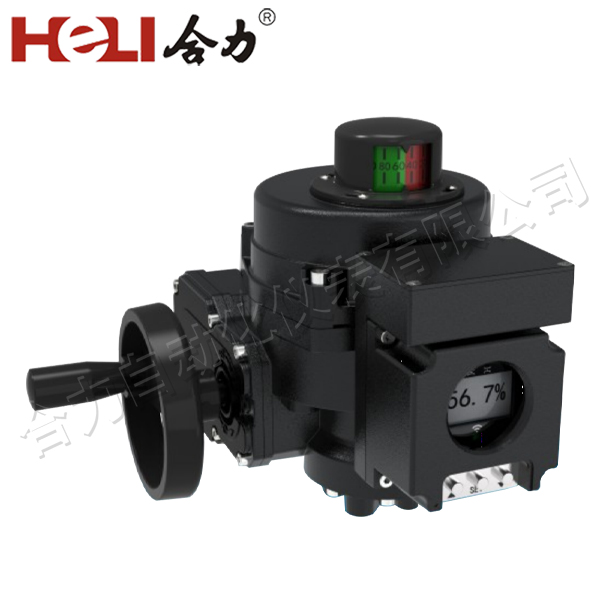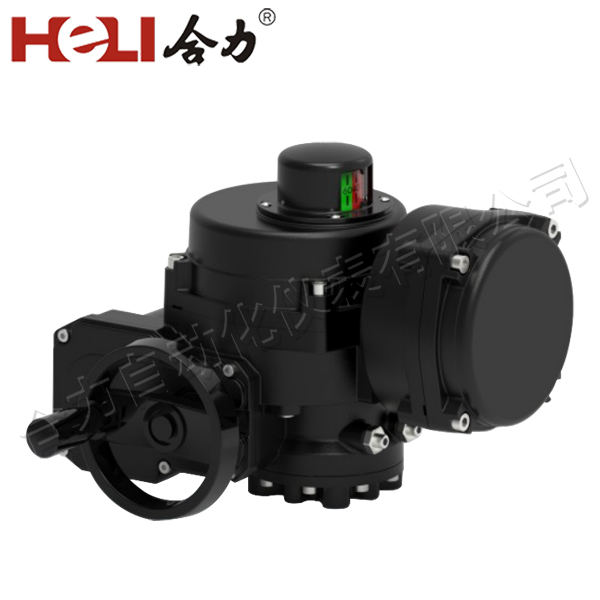
Hydrogen energy is rapidly gaining traction as a key player in the global transition towards sustainable and clean energy sources. Among the innovative technologies emerging from this paradigm shift is the hydrogen energy electric actuator. This article explores the significance, working principles, benefits, and potential applications of hydrogen energy electric actuators, highlighting their role in shaping the future of energy-efficient systems.

Understanding Hydrogen Energy Electric Actuators
Hydrogen energy electric actuators are devices that convert hydrogen energy into mechanical motion or control actions. They typically utilize hydrogen fuel cells to generate electricity, which is then used to power electric motors that drive the actuator's mechanical components. This conversion process involves several steps: hydrogen gas is fed into the fuel cell, where it undergoes an electrochemical reaction with oxygen from the air, producing electricity, water, and heat as byproducts. The generated electricity is harnessed to operate the actuator, enabling precise control of various applications.
